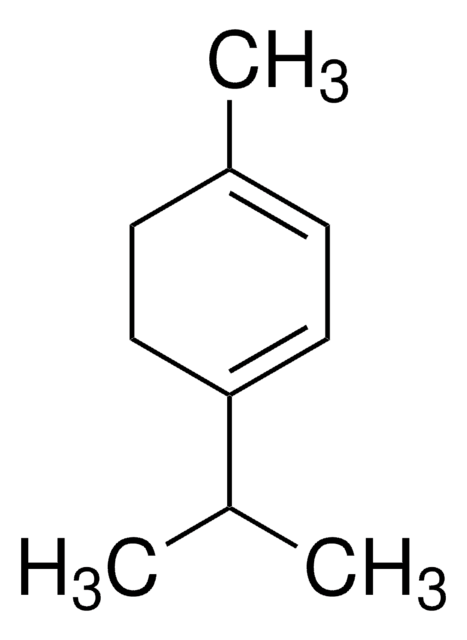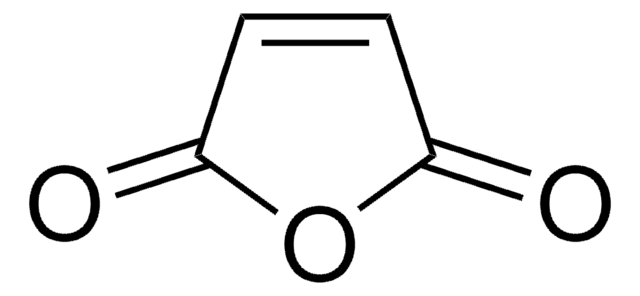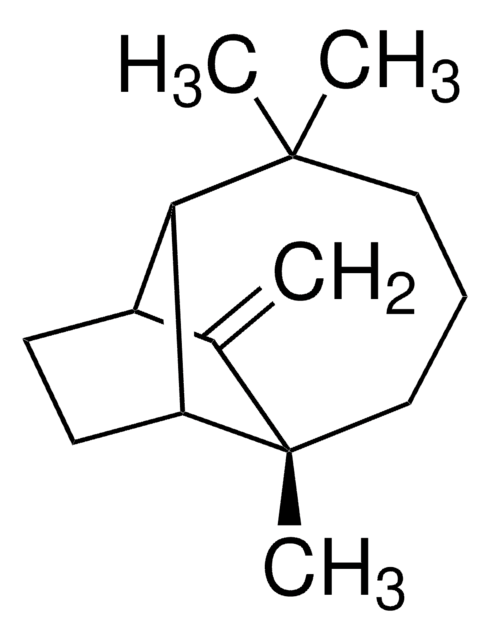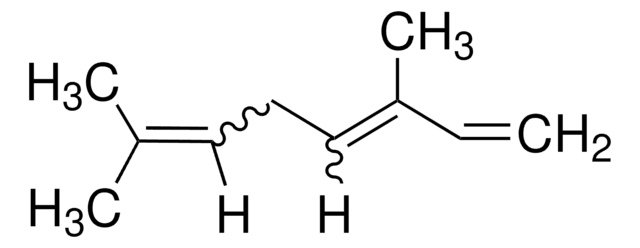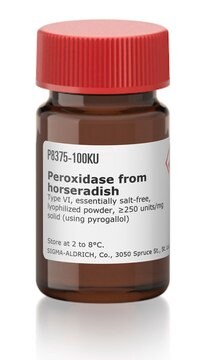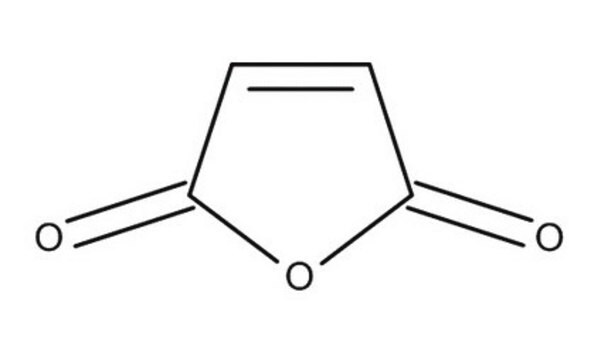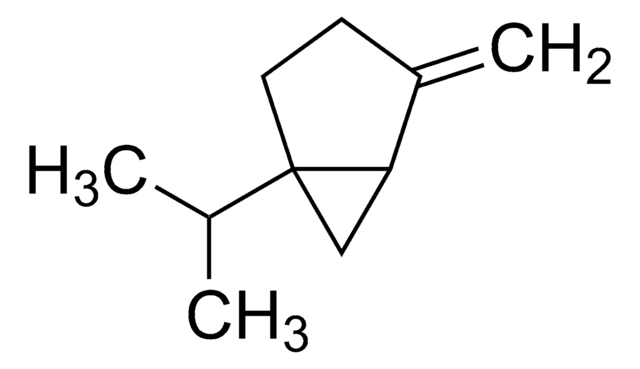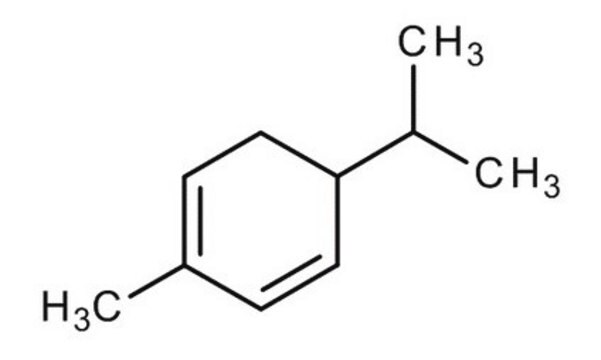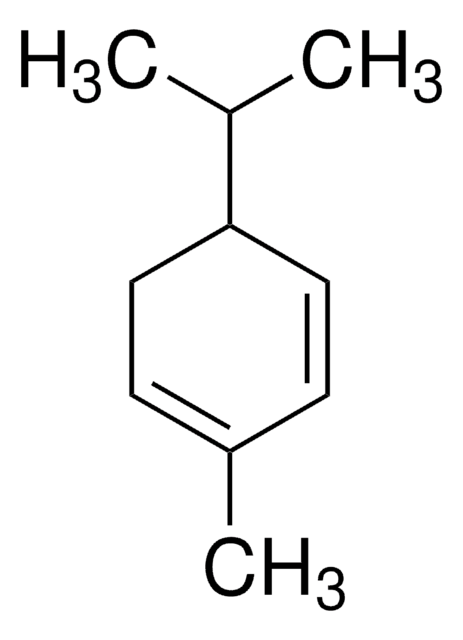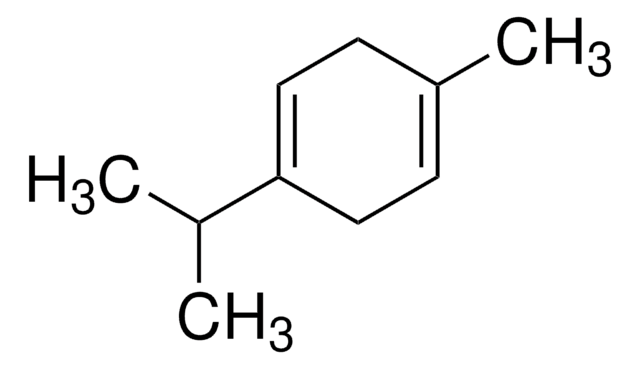289698
2,6-Dimethyl-2,4,6-octatriene
technical grade, 80%
Sinónimos:
Alloocimene
About This Item
Productos recomendados
grado
technical grade
Ensayo
80%
Formulario
liquid
índice de refracción
n20/D 1.542 (lit.)
bp
73-75 °C/14 mmHg (lit.)
densidad
0.811 g/mL at 25 °C (lit.)
temp. de almacenamiento
2-8°C
cadena SMILES
C\C=C(C)\C=C\C=C(\C)C
InChI
1S/C10H16/c1-5-10(4)8-6-7-9(2)3/h5-8H,1-4H3/b8-6+,10-5+
Clave InChI
GQVMHMFBVWSSPF-SOYUKNQTSA-N
¿Está buscando productos similares? Visita Guía de comparación de productos
Descripción general
Palabra de señalización
Warning
Frases de peligro
Clasificaciones de peligro
Acute Tox. 4 Oral
Código de clase de almacenamiento
10 - Combustible liquids
Clase de riesgo para el agua (WGK)
WGK 3
Punto de inflamabilidad (°F)
156.2 °F - closed cup
Punto de inflamabilidad (°C)
69 °C - closed cup
Equipo de protección personal
Eyeshields, Faceshields, Gloves, type ABEK (EN14387) respirator filter
Elija entre una de las versiones más recientes:
¿Ya tiene este producto?
Encuentre la documentación para los productos que ha comprado recientemente en la Biblioteca de documentos.
Los clientes también vieron
Nuestro equipo de científicos tiene experiencia en todas las áreas de investigación: Ciencias de la vida, Ciencia de los materiales, Síntesis química, Cromatografía, Analítica y muchas otras.
Póngase en contacto con el Servicio técnico